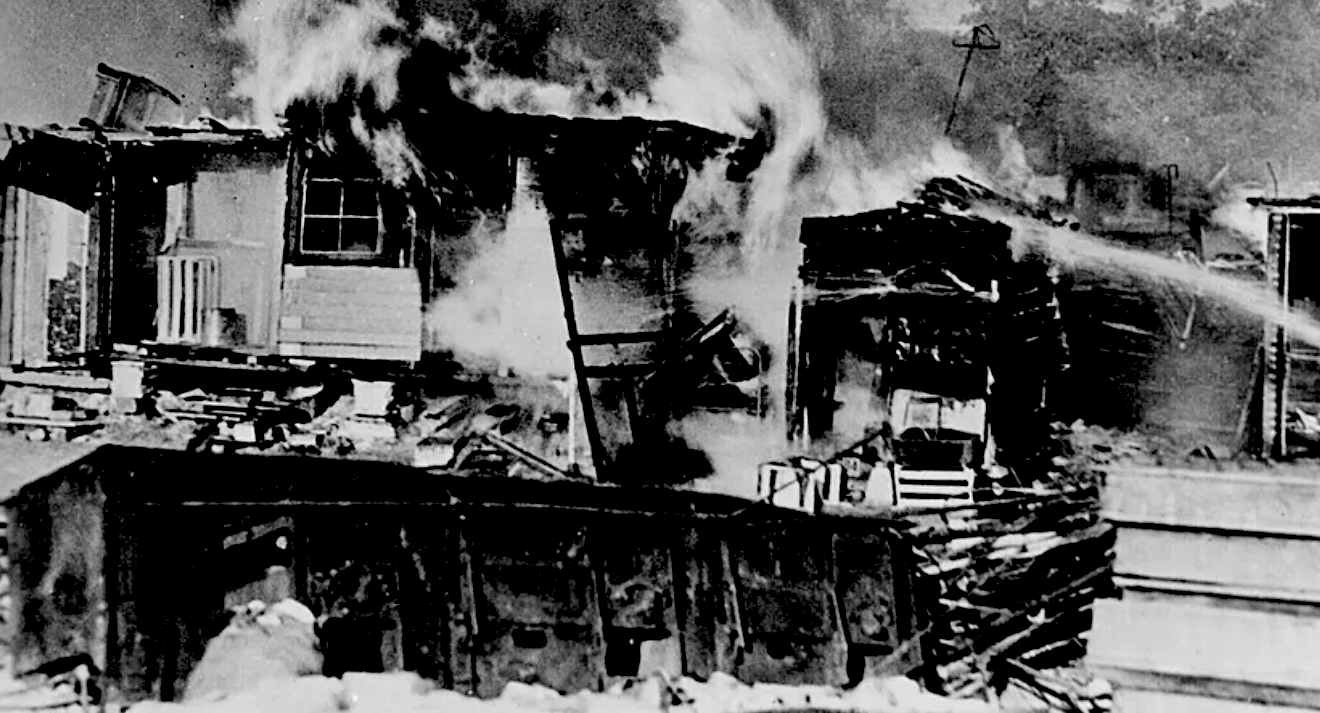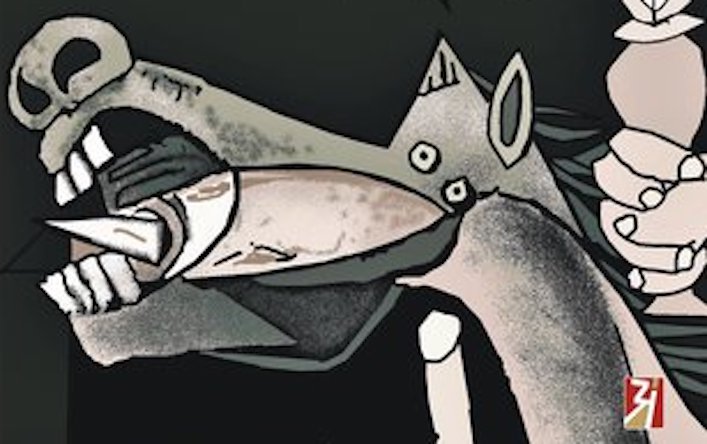Book Review
“Good Muslim, Bad Muslim: America, the Cold war and the Roots of Terror”-Mahmood Mamdani.
Reviewed by – Kartikey Shukla for BeyondHeadlines
The categorization of the “Good Muslims” and the “Bad Muslims” by the American government after an incident of 9/11 came with a universally coined term of terrorism which seemed to project its intimate relation with Islam. The flood of a hate campaign against Islam could be often heard at the public platform, speeches of U.S. presidents and paid Medias. It was the period of the nearly 10th anniversary when the cold war ended and almost the same for Fukuyama’s “End of History”. The post-cold war period can be categorised as unipolarity in international politics, where American political project can be visualised in many third countries.
In this book, Mahmood Mamdani makes a powerful case that the notion of the “Good Muslims or Bad Muslims” is less relevant in religious/Islam context, it has to more do with the American power politics. The politics is a product of the American power expansion during the cold war, which deprived American politics and corrupted native militant of the Middle East. In the politics of categorization, the Good had been described as secular, modern and the followers of American imposed cultural practices. The notion about the “Bad Muslims” broadcasted by media as someone who are pre-modern and violent, but the reality is somewhat different from the American notion, the so-called “Bad Muslims” were against American domination and this was bitter truth for American government to digest.
 Such categorical distinction lies in political discourse rather than a religious one, but America somehow managed to spread the religious interpretation of 9/11 incident. Historically, the cold war period can be seen as the Radicalization of Muslims, and they are the one whom America has projected as “Bad Muslims”. The Reagan policy shift from “containment” to “rollback” led to upraising of the militant insurgent and many Muslim lands got converted into training camps for terrorist activities. In response to this, Soviet Union invaded Afghanistan. The resistance in Afghanistan against Soviet was influenced by western players, especially by USA. There would have been resistance, but the US and then Saudi financial support sponsored weapons and other equipment for war against the Soviet Union.
Such categorical distinction lies in political discourse rather than a religious one, but America somehow managed to spread the religious interpretation of 9/11 incident. Historically, the cold war period can be seen as the Radicalization of Muslims, and they are the one whom America has projected as “Bad Muslims”. The Reagan policy shift from “containment” to “rollback” led to upraising of the militant insurgent and many Muslim lands got converted into training camps for terrorist activities. In response to this, Soviet Union invaded Afghanistan. The resistance in Afghanistan against Soviet was influenced by western players, especially by USA. There would have been resistance, but the US and then Saudi financial support sponsored weapons and other equipment for war against the Soviet Union.
“The result…was to flood the region not only with all kinds of weapons but also with the most radical Islamist recruits. …[They] came from all over the world, not only from Muslim-majority countries…but also…Muslim-minority countries… There is the well-known example of Sheikh Abdullah Azzam, dubbed by Lawrence Wright, writing in “The New Yorker,” the “gatekeeper of the Jihad” in the mid-eighties. …Azzam travelled the globe under CIA patronage.[1]”
Mamdani called it “Privatization of war”, where the other players invest resources for their own political interest with the help of the local weak government. The CIA exchanged information related to violence, once the war was over the American cultivated terrorism stayed in the institutions of Afghanistan. I think CIA was the real founder of terrorism because of its role in sharing violence-related information among militants and private institutions.
“The CIA was key to the forging of the link between Islam and terror in central Asia and to giving radical Islamists international reach and ambition. The groups it trained and sponsored shared a triple embrace: of terror tactics, of holy war as a political ideology, and of transnational recruitment of fighters, who acquired hyphenated identities.[2]”
The war of trend has shifted after the collapse of the Soviet Union, now it is against western expansion, especially against the Government of America. The American government projected “Bad Muslims” as someone who wants to destroy western society and they believe that Westerners morally corrupt Islam. Politically speaking, it’s a myth created by the American political interpretation of the ongoing political project of Islam against American imperialism. Mamdni has done a great job to examine this hate politics and to analyse the root cause of the political enterprise.
(The Author is affiliated with Centre for Indian Studies in Africa, Johannesburg.)








